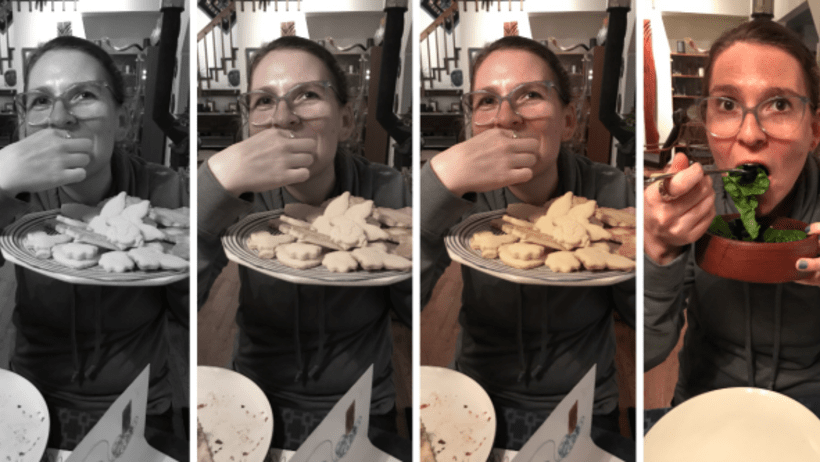I’m not ashamed to admit that I’m somewhat predictable. Without fail, certain situations elicit a certain response from me. Whether it’s when my kids are in their difficult moods, or when I hear about a “holiday program” that should be called what it is (a Christmas program), or even when I put down my phone to charge, and suddenly that’s when I get flooded with messages, my frustrations follow certain patterns. You’d think that as predictable as my reactions are, I’d be self-aware enough to modify them, but apparently it takes more than moderate awareness to actually make a change.

Parshat Vayigash, this week’s Torah portion, reminds us of the different ways in which we see behavioral changes. In the parshah, Joseph’s brother Yehudah (Judah) tries to redeem himself by asking to be imprisoned instead of Benjamin, and Joseph reveals himself to his brothers and heroically invites the whole family to Egypt to save them from the starvation of Israel. In addition, Joseph and his father Jacob are reunited, and Joseph is able to finally reveal his newfound position of power.
The very first line in the parshah reminds us that we can in fact change our gut reactions. Judah goes up to Joseph after he was asked to bring the “favorite” brother, Benjamin, down to Egypt. Once again Judah is faced with the reality that his father still has a favorite son, as well as the fact that the last time this happened he made the choice to get rid of the other favorite (Joseph) instead of deal with the situation in a rational way.
Judah goes up to Joseph and can either make a deal to save his brother, or he can repeat the same poor choice. The Torah says Judah “went up to him.” According to the S’fat Emet, Judah approached himself. He saw who he himself was inside and recognized that while his father had not changed his behavior, Judah could change how he reacted to it. It takes intention and recognition of our own failings to change behavior. Judah recognizes that he can’t change anyone but himself, and that’s exactly what he does. Let us remember that the only choices we can control are our own, but that in itself is enough to cause change.



